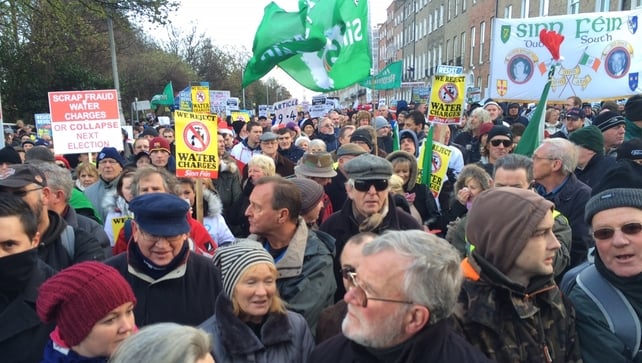 |
| Alexis Tsipras celebrating SYRIZA's victory, January 25 |
With Greece’s existing loan arrangement expiring on 28 February and bankruptcy looming, a last minute deal was finally agreed after three weeks of intense negotiations that were characterised by daily – sometimes hourly – twists and turns, claims and counterclaims, leaks and threats.
For SYRIZA, elected on January 25 on a wave of hope and a fierce rejection of the crippling austerity measures that have been imposed on Greece in return for economic “bail-out” programs by the “Troika” – the European Central Bank (ECB), the International Monetary Fund (IMF) and the European Union (EU) – the new arrangement represents a significant compromise.
Any discussion of debt write-offs, “hair-cuts” or renegotiation has been postponed until the next round of negotiations at least, and funds earmarked for bank recapitalisation will have to be used for that purpose, rather than redirected towards meeting Greece’s desperate social need.
Greece no longer has to accept the unilateral diktats of the Troika and is able instead to negotiate with each body separately. But the new funding comes with conditions, including close oversight by those same bodies, now referred to as “the institutions”, and restrictions on how the money can be utilised.
Importantly, the SYRIZA government has been required to refrain from any “rollback of measures and unilateral changes to the policies and structural reforms that would negatively impact fiscal targets, economic recovery or financial stability, as assessed by the institutions.”
While less than specific, this restriction likely includes any privatisations already completed, as well as those currently underway (although Greek law allows the government to change the terms of sale).
Depending on the "assessment" of the institutions, this may also impact on measures promised by SYRIZA to improve social welfare, such as raising the minimum wage and the restoration of collective bargaining and other workplace rights.








